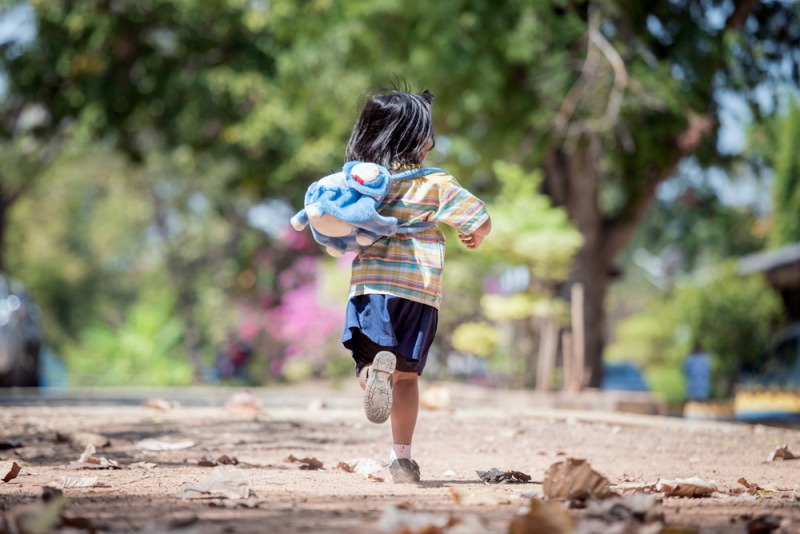- US Ambassador visits Ctg Port to reinforce commercial coop |
- Dhaka’s air remains ‘very unhealthy’, world's 3rd worst Tuesday |
- US, Bangladesh explore expanding collaboration in energy sector |
- Tarique wraps up 2nd phase of campaign with 6 rallies in 14 hrs |
- Tigers return but deer on decline in Sundarbans |
Int’l Day of Education: Why we must counter hate speech

International Day of Education. UNESCO
The world is grappling with a surge of violent conflicts and a disturbing rise in hate speech, intolerance and discrimination. That is why on this year’s International Day of Education (24 January), UNESCO is highlight the crucial role of education and teachers to combat hate speech.
Learning to deconstruct hate speech
Hate speech fuels prejudice and discrimination and can enable and normalize violence. It is a threat on the principles of inclusion, social cohesion, diversity, and human rights. Hate speech can inflict personal harm and incite group-targeted violence. Its recent global escalation, amplified by the use of social media and exacerbated by new and protracted crises in different regions, severely impacts the safety and security of communities around the world.
A recent UNESCO/IPSOS survey conducted in 16 countries revealed that 67% of internet users reported had encountered online hate speech and that 85% were concerned about the impact and influence of disinformation on their fellow citizens, viewing it as a real threat which can destabilize societies.
Education offers multiple opportunities to deconstruct and address the root causes of hate speech. It can sensitize learners of all ages to its various forms and consequences online and offline. This includes equipping learners with the skills to recognize and respond to hate and injustice, preparing them to respect the value of diversity and human rights, and teaching them to recognize the difference between hate speech and freedom of expression. Teachers play a major role in this crucial endeavor. They must be better trained and supported in order to deliver the appropriate education for learners.
UNESCO’s General Conference recently revised its Recommendation on Education for Peace, Human Rights and Sustainable Development with this goal. It is the only global standard-setting instrument that lays out how education can bring about lasting peace and foster human development. This instrument will shape education systems and policies in the next decades, from laws and policies to curricula development, teaching practices, learning environments and assessments.
How UNESCO works to counter hate speech
UNESCO works with many diverse partners to address and counter hate speech within the framework of the United Nations Strategy and Plan of Action on Hate Speech, which was launched by the UN Secretary-General in 2019. At all times, UNESCO emphasizes the importance of a human rights-based approach to tackling hate speech, including through safeguarding freedom of expression. Education is a powerful tool to combat disinformation, misinformation and hate speech. UNESCO supports countries to support regulators and judicial operators, develop education responses, and policy and legislation that promote, protect and uphold international human rights.
How UNESCO tackles online hate speech
Hate speech spreads with unprecedented speed and reach through digital tools, notably social media platforms. UNESCO works to address online hate speech by equipping learners with digital citizenship skills, so people of all ages learn to navigate the internet safely and responsibly.
Media and Information Literacy can strengthen the resilience of learners to hate speech and build their capacity to recognize and counter mis- and disinformation, violent extremist narratives and conspiracy theories.
UNESCO advocates for increased transparency and accountability for digital platforms to counter online disinformation and speech that incite hatred and discrimination. This includes calling on social media companies to report on hate speech, how their algorithms may affect its spread, and the policies they apply to counter it.
UNESCO has issued a set of 26 high-level principles to increase transparency among internet platform companies. UNESCO also supports the enabling of a free, diverse, pluralistic media sector, including professional media self-regulation, as well as disseminating good practices against hate speech and training judicial actors and law enforcement on international standards on freedom of expression.
UNESCO guide for policy-makers to counter hate speech
UNESCO and the United Nations Office on Genocide Prevention and the Responsibility to Protect (UNOSAPG) jointly developed the first guide for policy-makers and teachers in 2023 to explore educational responses to this phenomenon and give practical recommendations for strengthening education systems. The guide is part of the implementation of the UN Strategy and Plan of Action on Hate Speech.
On 24 January, UNESCO and the Group of Friends for Education and Lifelong Learning are organizing a high-level panel and dialogue at the United Nations Headquarters in New York City. The event will mobilize Member States, UN agencies and programmes, UN-affiliated NGOs committed to education for peace, teachers and other education stakeholders and young people.
UNESCO will also organize a one-day online training (Master Class) for several thousand teachers from around the world on the deconstruction of hate speech, which will give them the tools to better spot, tackle and prevent hate speech incidents.- UNESCO VIA Linked in

